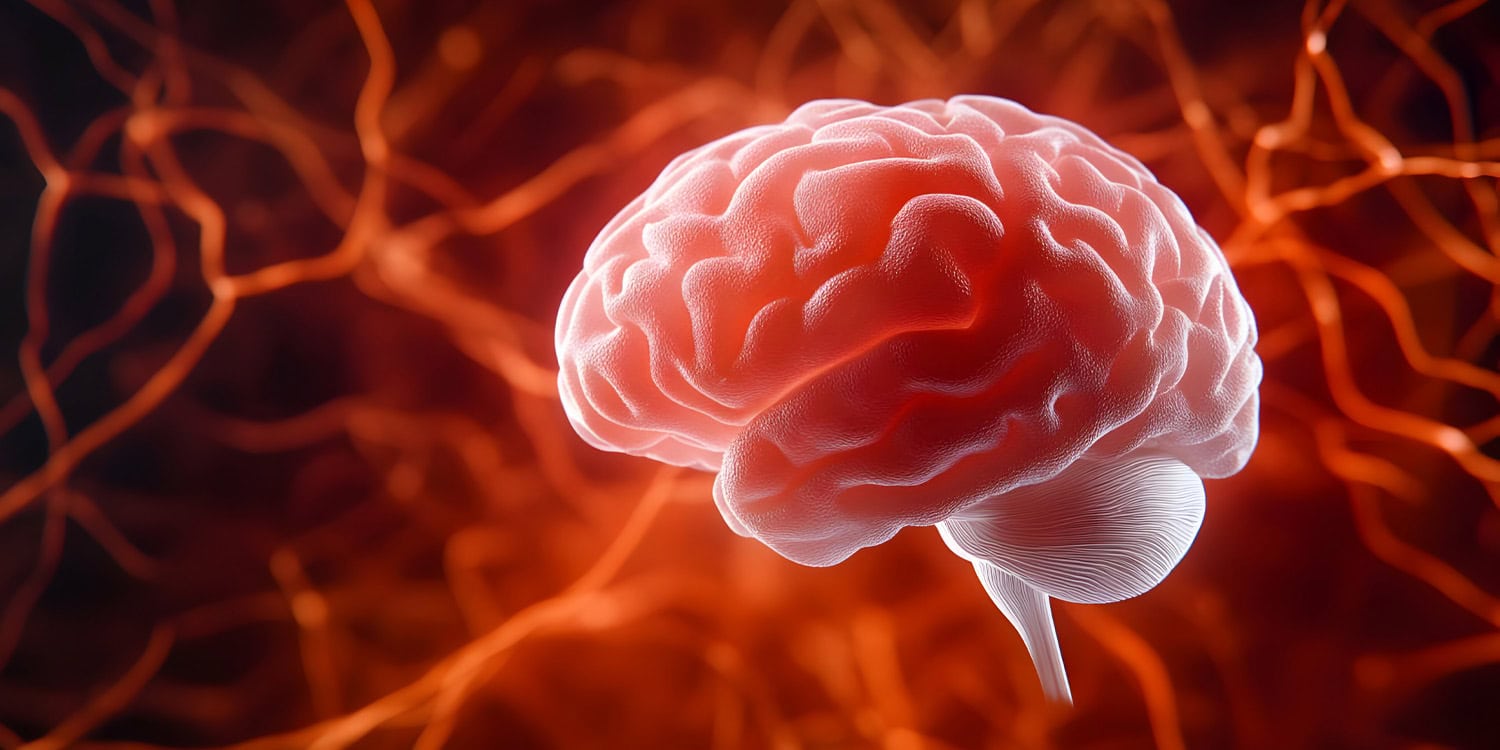
Ketogenic Diet: Promising Results for Brain Health in Healthy Adults
A recent study published in The Journal of Clinical Endocrinology & Metabolism shows that a three-week ketogenic diet significantly boosted brain blood flow and levels of the neuroprotective protein BDNF in healthy, overweight adults. This suggests the ketogenic diet may offer protective benefits against cognitive decline, even in individuals without existing cognitive impairment.
Understanding the Ketogenic Diet and its Impact on the Brain
The ketogenic diet (KD), characterized by high fat, low carbohydrate, and adequate protein intake, induces a metabolic state called ketosis. In ketosis, the body switches from primarily using glucose to using ketone bodies—molecules produced from fat—as its main energy source. Ketone bodies can cross the blood-brain barrier, offering an alternative fuel source for the brain.
This study aimed to investigate the KD’s effects on cerebral blood flow (CBF) and Brain-Derived Neurotrophic Factor (BDNF) in healthy individuals. The researchers hypothesized that a KD would increase both CBF and BDNF, potentially offering protection against cognitive decline.
Reduced CBF in specific brain regions is linked to memory problems and diminished executive function over time.
The Study Design: A Controlled Trial with Rigorous Measurements
Researchers conducted a controlled crossover trial with 11 cognitively healthy, overweight adults aged 50-70. Participants underwent two three-week dietary phases, one on a KD (75% fat, 20% protein, 5% carbohydrates) and the other on a standard Nordic diet, with a one-week break between phases. Blood ketone levels were closely monitored.
Advanced brain imaging techniques, including positron emission tomography (PET) scans to measure CBF and magnetic resonance imaging (MRI) scans for data alignment, were employed. Blood samples measured β-hydroxybutyrate (a ketone body) and BDNF levels.
The rigorous design, including the crossover methodology and advanced imaging, enhances the study’s reliability.
Remarkable Results: Increased Blood Flow and BDNF Levels
The KD significantly increased blood β-hydroxybutyrate levels, confirming ketosis. More importantly, CBF increased by an average of 22% across various brain regions. Consistently, BDNF levels increased by 47% during the KD phase. A strong correlation was observed between blood ketone levels and CBF, suggesting a direct link between ketone metabolism and improved brain perfusion.
The substantial increase in BDNF, a protein vital for neuron growth, maintenance, and survival, further supports the neuroprotective effects of the KD.
These findings are particularly noteworthy because they were observed in healthy individuals without pre-existing cognitive issues.
BDNF: The Brain’s “Fertilizer” and its Role in Neuroprotection
Brain-Derived Neurotrophic Factor (BDNF) is a protein often described as “fertilizer for the brain.” It plays a crucial role in forming new neural connections, repairing damaged brain cells, and protecting healthy ones. Lower BDNF levels are associated with neurodegenerative diseases like Alzheimer’s disease. The study’s findings highlight the potential of dietary interventions, such as the KD, to increase BDNF levels and promote brain health.
The significant increase in BDNF observed in this study reinforces the potential of the ketogenic diet as a neuroprotective strategy.
Further investigation is needed to fully elucidate the mechanisms by which BDNF exerts its neuroprotective effects.
Limitations and Future Research
While the findings are promising, the study’s small sample size (11 participants) limits the generalizability of the results. Future research should investigate larger, more diverse populations, including those at risk of dementia or with different metabolic profiles. Long-term studies are needed to determine if the observed benefits persist over extended periods.
Future research should also explore whether these physiological changes translate into measurable improvements in cognitive functions.
Investigating various types of ketogenic diets (e.g., plant-based vs. animal-based fats) could provide further insights.
Key Takeaways
- A three-week KD significantly increased CBF and BDNF levels in healthy, overweight adults.
- The strong correlation between ketone levels and CBF suggests a direct link between ketone metabolism and improved brain function.
- The rise in BDNF levels indicates potential neuroprotective effects.
- These findings suggest the KD may offer protective benefits against cognitive decline in healthy individuals, but further research is needed to confirm this hypothesis.
- The study’s results highlight the potential of dietary interventions to influence brain health and potentially mitigate age-related cognitive decline.







